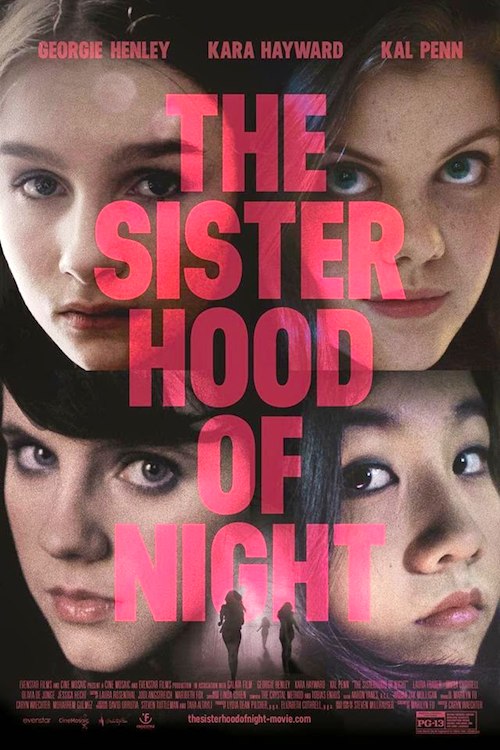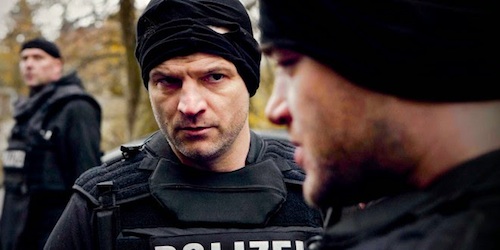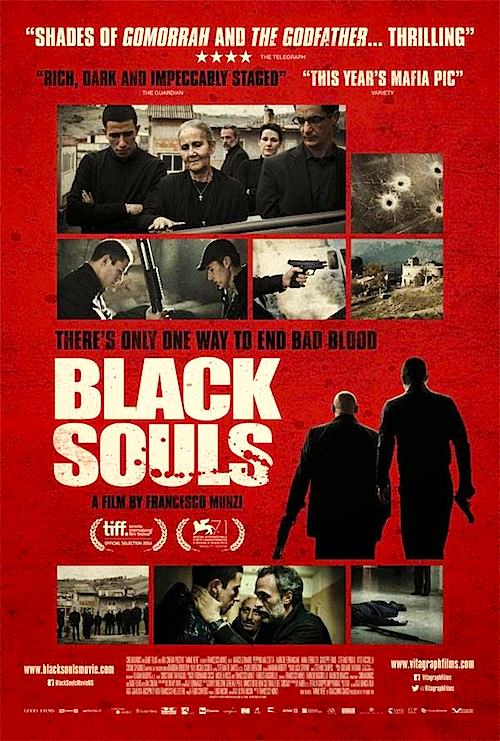By Joe Bendel. Katherine is the doctor in her family and her husband Richard is the nurse. This is a fact she never lets him forget, especially when they disagree over the treatment of their congenitally ill son, Andy. It would seem Andy’s relentlessly domineering mother has lost sight of the forest for the trees in her zeal to care for Andy’s ailments, but their new pre-teen neighbor soon suspects Dr. K has a more sinister agenda in John McNaughton’s The Harvest, which opens midnight-ish this Friday in New York, at the IFC Center.
Recently orphaned, Maryann was forced to move in with her grandparents, who quietly reside in an exurban Upstate New York farm house. There are not a lot of neighbors around, so when she sees wheelchair-bound Andy through his window, she feels compelled to introduce herself, in reverse Romeo and Juliet style. Poor Andy is completely unaccustomed to talking with kids his age. Nonetheless, Maryann senses a kindred underdog spirit. While Andy’s father is willing to turn a blind eye to their friendship, his excessively controlling mother simply will not have it.
Frankly, at least half the film is devoted to the youngsters budding friendship and Maryann’s industrious efforts to circumvent Dr. Feelbad’s roadblocks. When Andy’s mother really starts playing hardball, it starts to ignite Maryann’s suspicions. After a little internet searching and a bit of snooping around the house, she becomes convinced Andy is in profoundly grave danger.

That patience is what really distinguishes the film. In all honesty, viewers should form a pretty accurate hypothesis simply from the film’s title and the general lack of agriculture depicted therein. However, the earnest and innocent chemistry of the two leads, Natasha Calis and Charlie Tahan, along with Samantha Morton’s absolutely ferocious turn as the monstrous mom are quite impressive. As usual, Michael Shannon is dependably understated as Andy’s conflicted father, instilling the film with further ambiguity. It is also rather mind-blowing to see Peter Fonda turn up as Maryann’s kindly grandfather, but he plays the part with suitably earthy dignity.
Maybe it is a little far-fetched to believe Dr. Katherine could take matters as far as she does in Harvest, but Calis and Tahan are completely believable together. Since we buy into them, we also get caught up in their peril. It might seem like an unlikely vehicle for McNaughton’s return to big screen horror, but he shrewdly de-emphasizes the genre aspects, in favor of the character and relationship development. Arguably, it is one of the more consistently watchable and strangely human films in a body of work that includes Henry: Portrait of a Serial Killer and Wild Things, each of which is quite notorious in it is own way. Recommended for fans of horror and dark thriller films with mommy issues, The Harvest screens late nights this weekend (4/10 and 4/11) at the IFC Center.
LFM GRADE: B+
Posted on April 8th, 2015 at 10:11pm.




